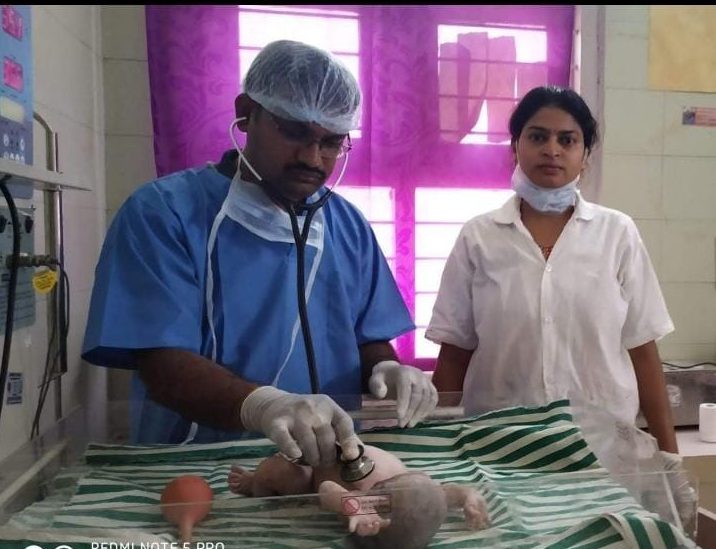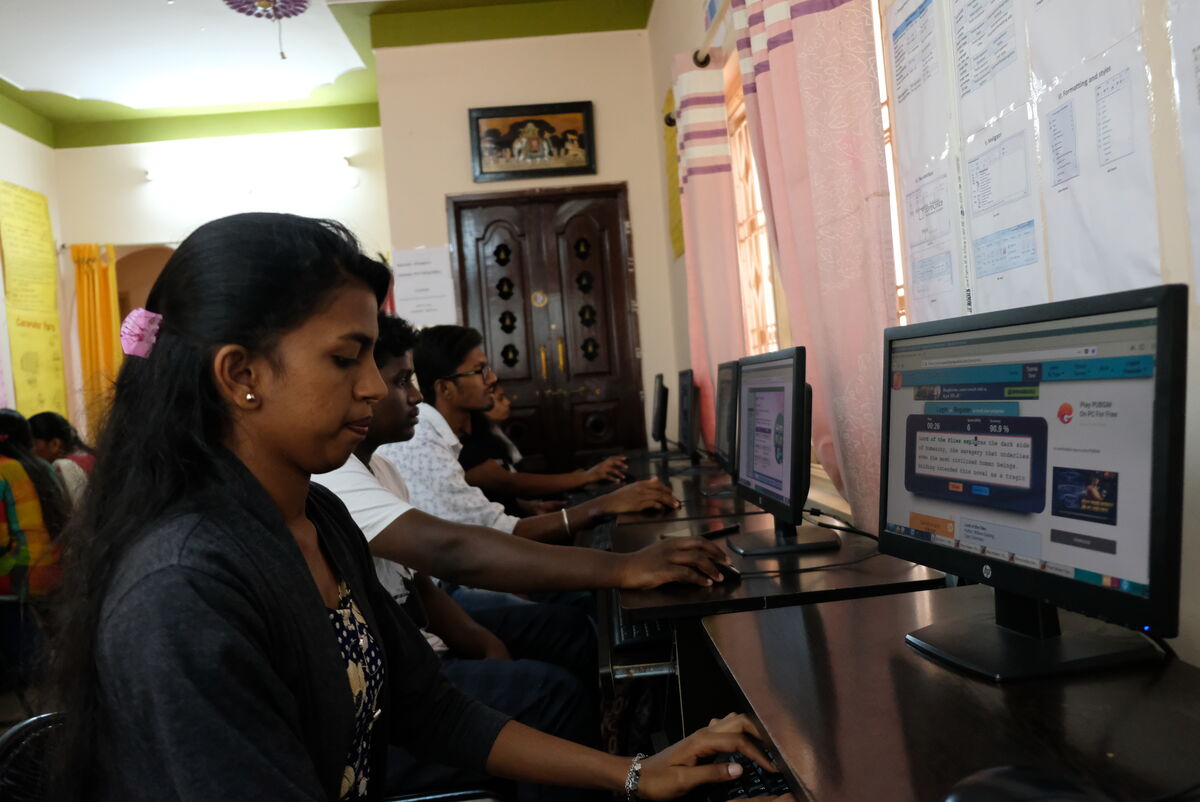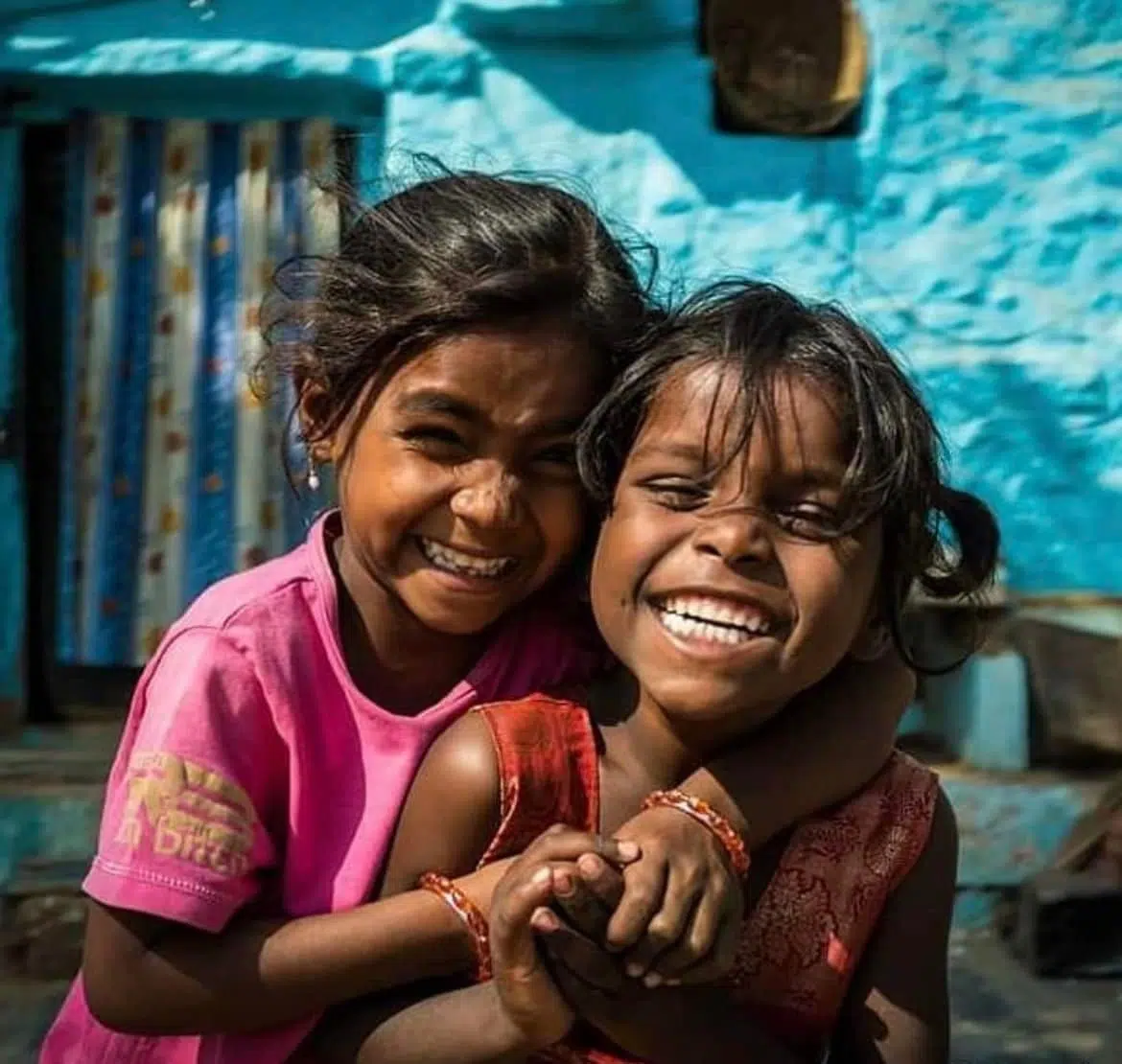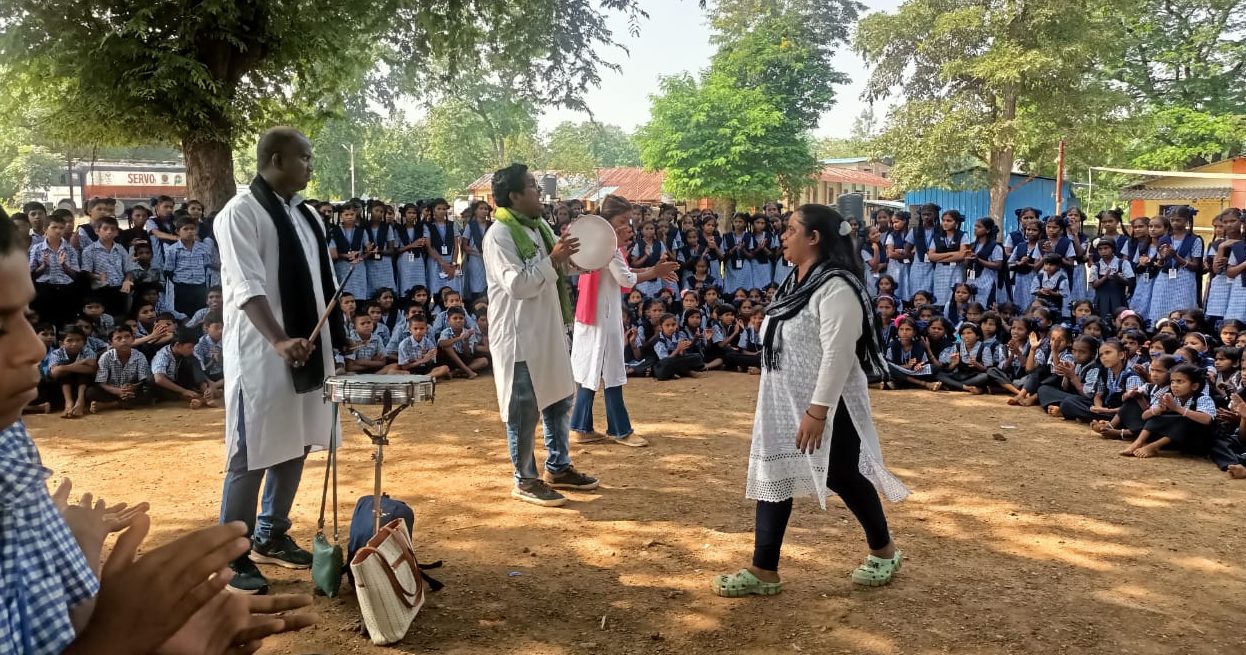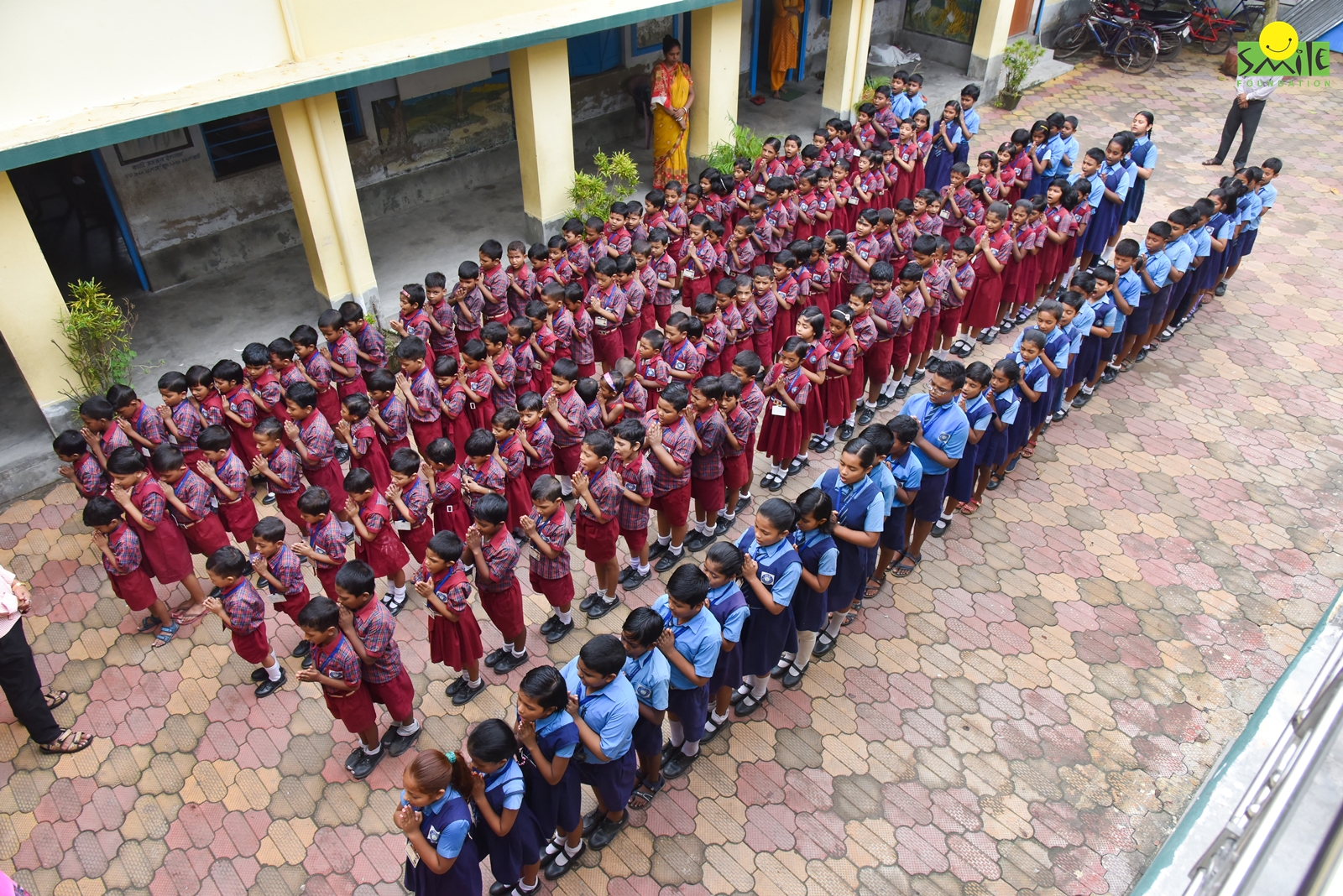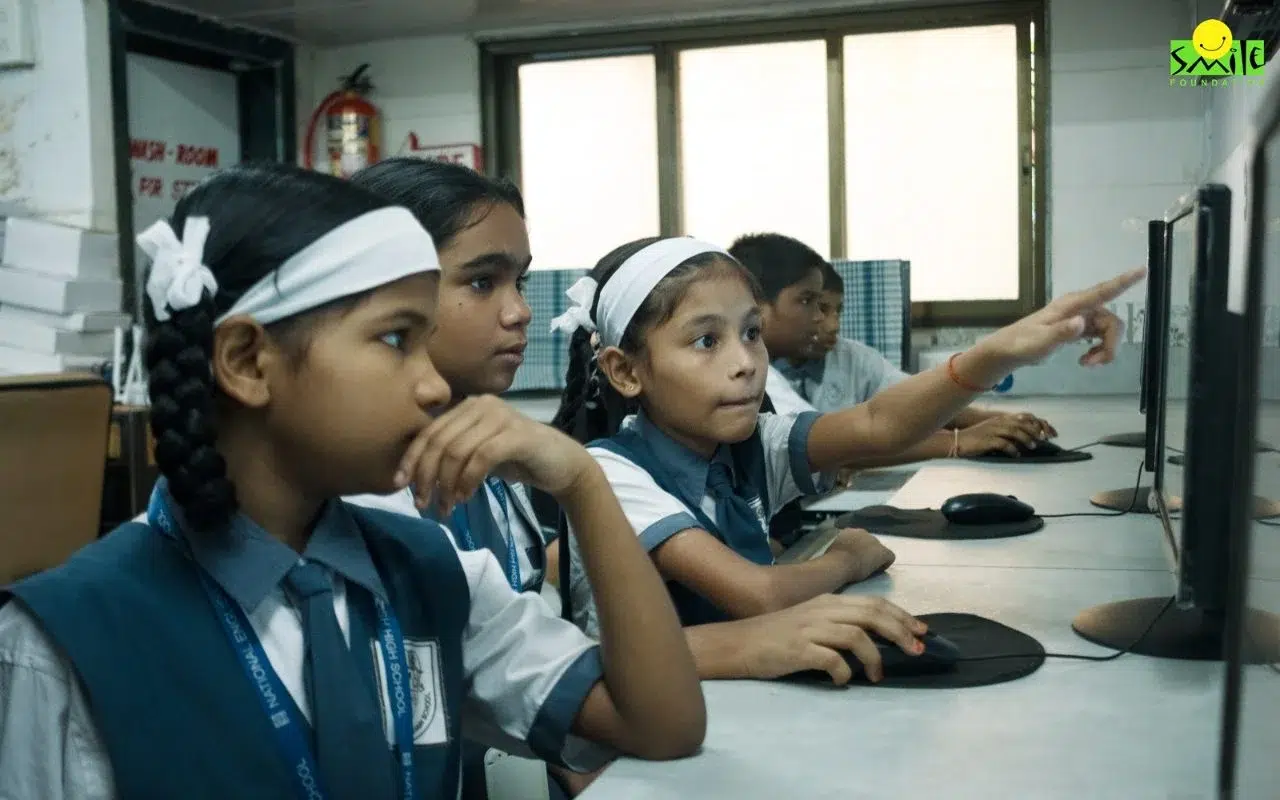What is vocational training?
Vocational training is skill-based training that equips one to work in a particular field. This can be in sectors such as banking, health care, finance, computers, trade, tourism, and others. The purpose of vocational training is to impart practical knowledge to the students, over and above theoretical knowledge.
Skilled and efficient employees are the need of the hour. Every industry and every company is seeking well-trained employees. Vocational training helps youth who are just entering the workforce to gain skills. These make them more employable and perform better.
Why is vocational training important?
Skill-based training gives an opportunity to even those who are not academically very good. But that does not mean that vocational training is only for those who are not able to cope academically. Practical industry-based training gives one the knowledge required for a specific job. With the right vocational skills, any learner is better equipped for employment in the long run, whether they scored marks in school or not.
Moreover, academic and vocational learning are complementary to one another. For example, it is important for an engineering student to learn hands-on skills along with theoretical knowledge.
Tayyari Kal Ki providing vocational education
Smile’s Twin e-Learning Program (STeP) aims at skilling youth. It is not just a medium of education but also a means of nurturing their mental health and personality development. STeP facilitates their contribution in making the world a better place.
The livelihood program has succeeded where most ‘vocational’ training courses fail. It addresses the requirement of soft skills needed at the workplace and makes the candidates confident through personality development. So far, Smile Foundation has trained over 47,000 youth through its e-learning programs. More than 28,000 of them have been placed in over 200 brands through 95 operational projects across India.
Since the pandemic, we also had to rethink the program and align it with the current times. Our initiative, Tayyari Kal Ki, is a step towards this. The industry-wise requirement of skilled workers shifted with the pandemic. For instance, healthcare became a booming sector. This livelihood mission is in alignment with the Government of India’s ‘Skill India’ initiative. It aims to skill people in the 18-32 years age bracket. The program is operational through 81 centres across 18 cities in 16 states. We have skilled over 10,000 youth under this initiative till now and created thousands of COVID warriors in the process!
The bigger picture: Vocational training and the New Education Policy
Government of India’s New Education Policy seeks to introduce students to vocational learning from Grade 6 onwards. STeP and Tayyari Kal Ki are both aligned with this goal. In the earlier model, only students from urban areas got exposure to skill training, if at all. The idea behind introducing vocational skills at school and college level was to enable gainful employment for students who drop out of school or college.
Vocational education serves as a tool for those who want to learn a skill or trade quickly but cannot afford to invest time and money in a university degree. It offers more job opportunities and costs much lesser than a conventional degree.
Skill-based training needs to become an important component of our education system—from schools, to universities. This will contribute to a holistic education of youth and create better workers and leaders for the future.



